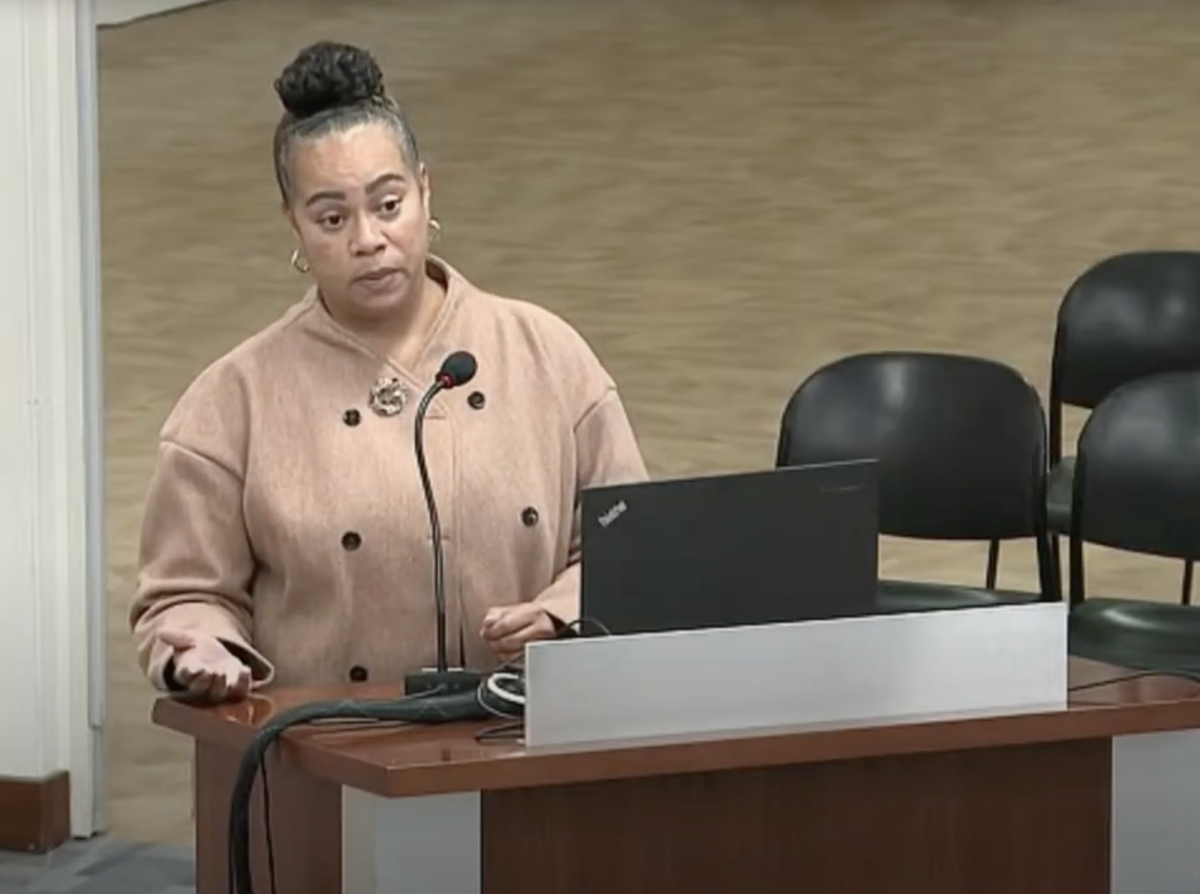by Nicole Lovett

Slowly — then all at once — white supremacists flooded my Instagram account in one week. I got DM’s (direct message) of white men calling me the N-word, sending me images of mutilated bodies and comments tearing apart my appearance and criticizing my sexuality.
Frightened and anxious, I looked at my thousands of loyal followers. I looked at the strong connections of friends I’d made across the world. Instagram had become a crucial system to me, but now it was wearing on my spirit. Should I really give up this platform because a select few white people decided to terrorize a 20-year-old Black woman on the internet?
I had joined Instagram only a year ago, but my interactions on the internet started young. I didn’t have many close friends growing up in real life, but I had many online — a concept that baffles my parents to this day. “Be careful with that stuff,” my mom often warned. “You don’t know those people.”
I assumed she was wrong. From Arizona to as far away as Maryland and New York, I corresponded with other girls my age, developing a mutual respect and admiration for each other. Tumblr taught me that it was okay to be queer, Twitter taught me it was okay to be Black, and the friends I made across the board wholly accepted me in a way that my friends at school never did.
I realize now it was a good thing I didn’t have a large following as a young person. I knew about racism then, but had sort of convinced myself it would never touch me in the Bay Area bubble. But the internet isn’t confined by location — this is what I loved about it, but it’s also how I was able to be targeted.
Now I see that in some ways, my mom was right about social media: in being vulnerable to the world, I opened myself up to people I truly could not know — people who could hurt me. This is not the internet I had grown up with — surrounded by loving friends and confidence-boosting posts.
My white friends who had large platforms were not attacked for their identity, and were hardly criticized. It hadn’t occurred to me that I would be shot down just for existing like they existed.
Is being a Black woman on the internet worth it? Is it worth the criticism, the racism, and the harshness of strangers? Maybe not. But if that’s true, then being a Black woman in America isn’t worth it either.
Nicole Lovett is a staff writer at the Laney Tower.

























